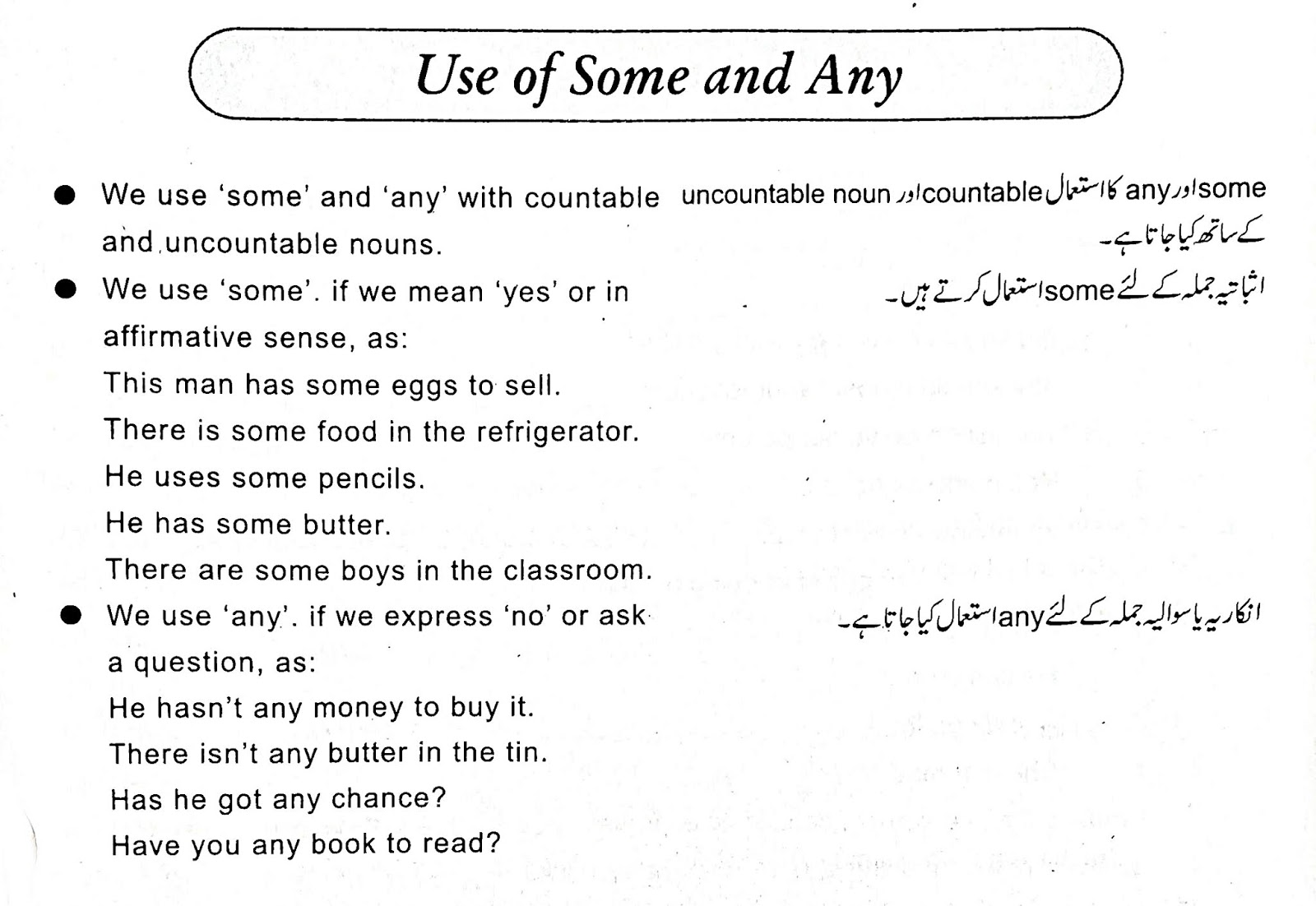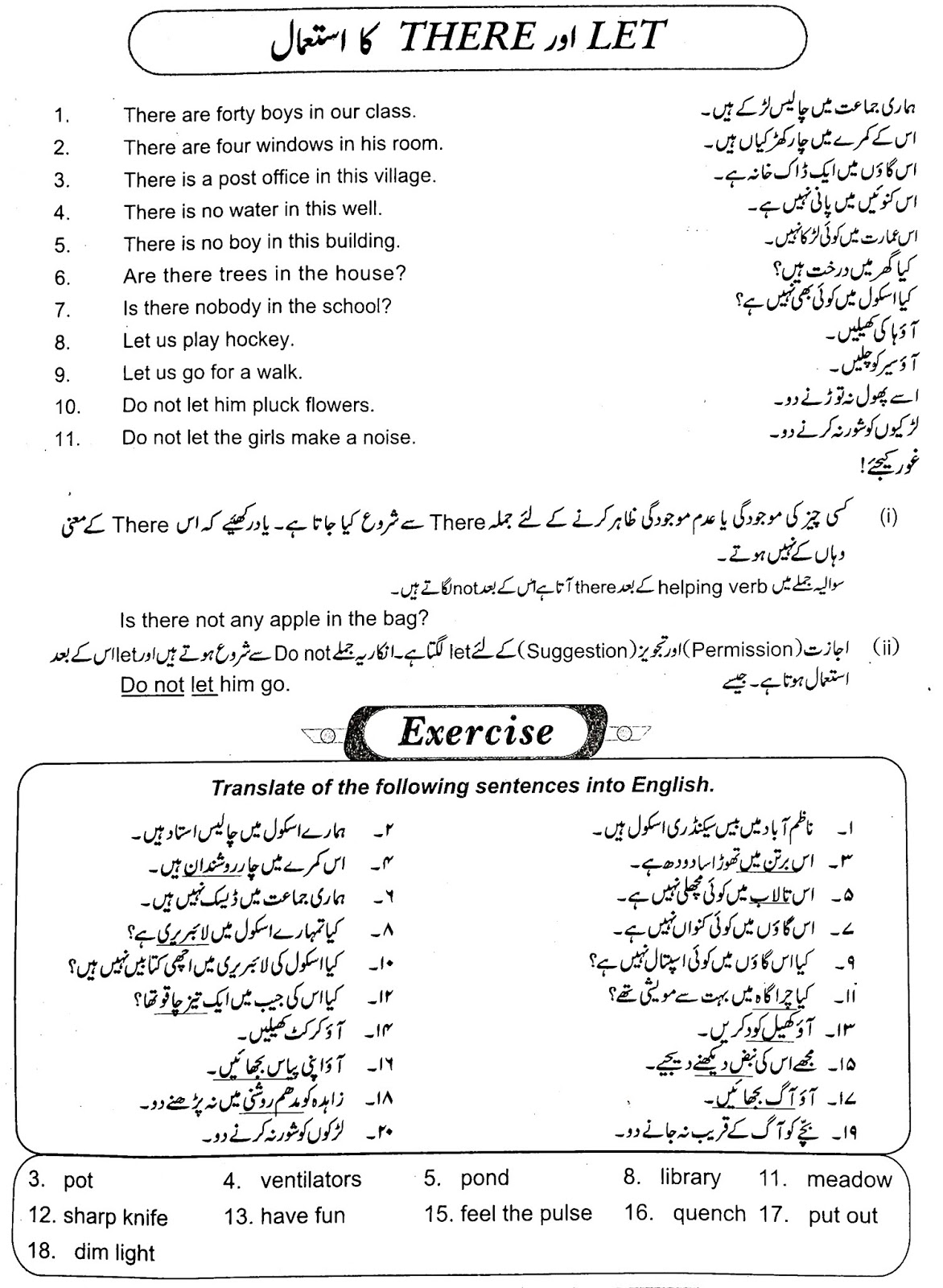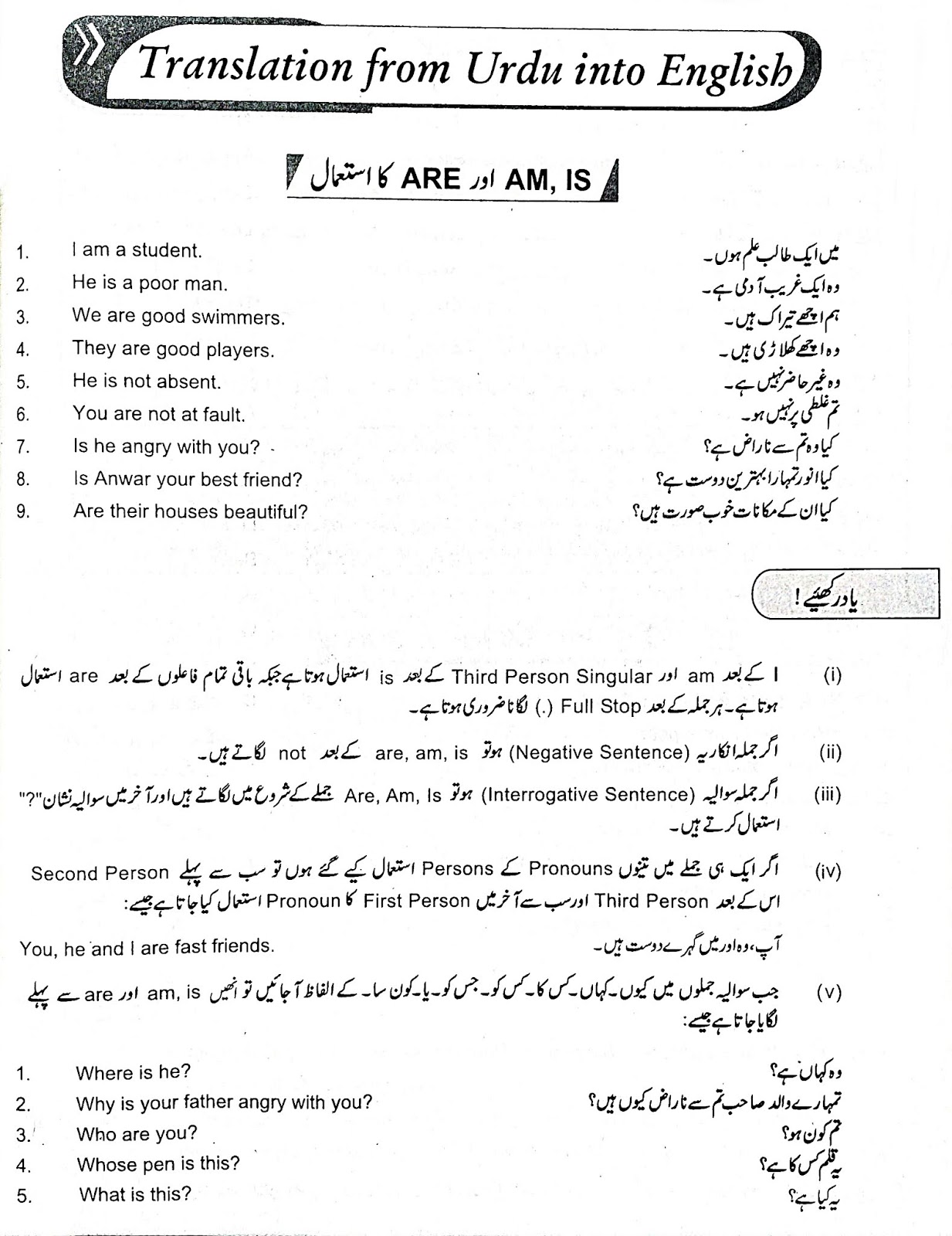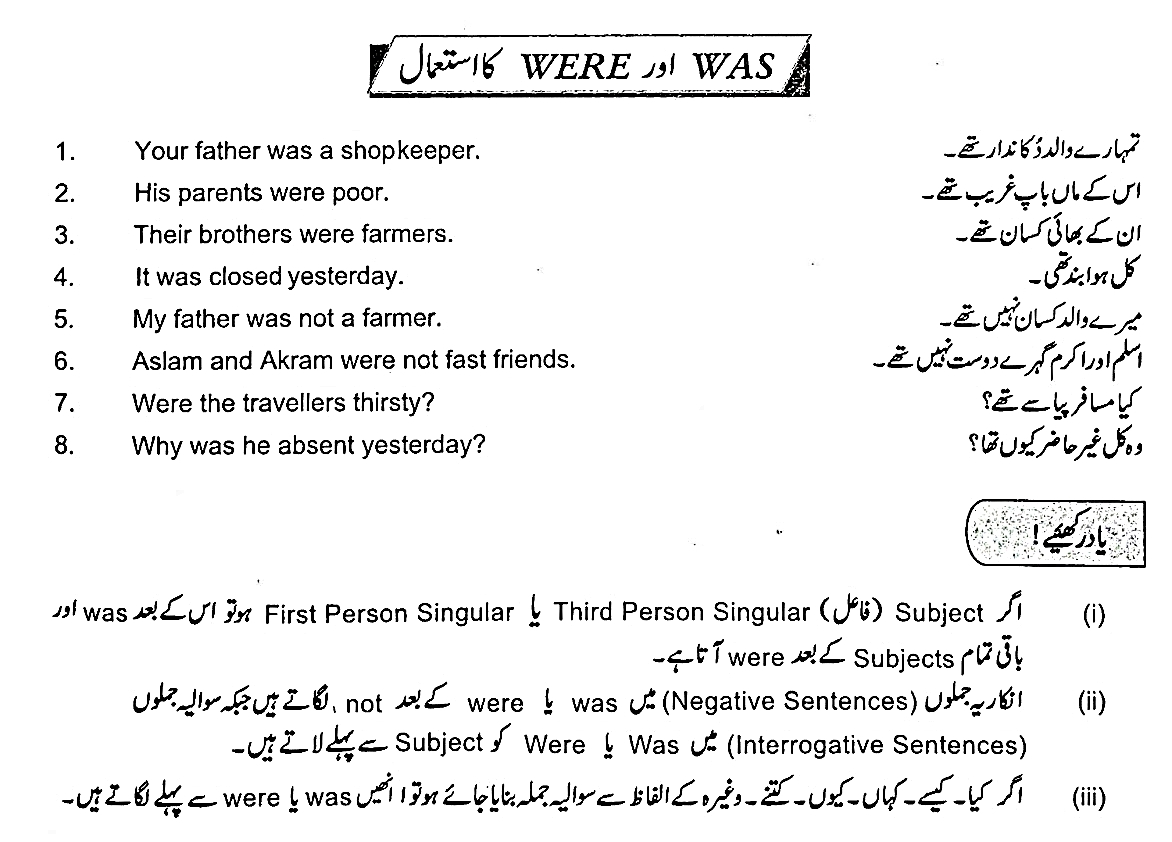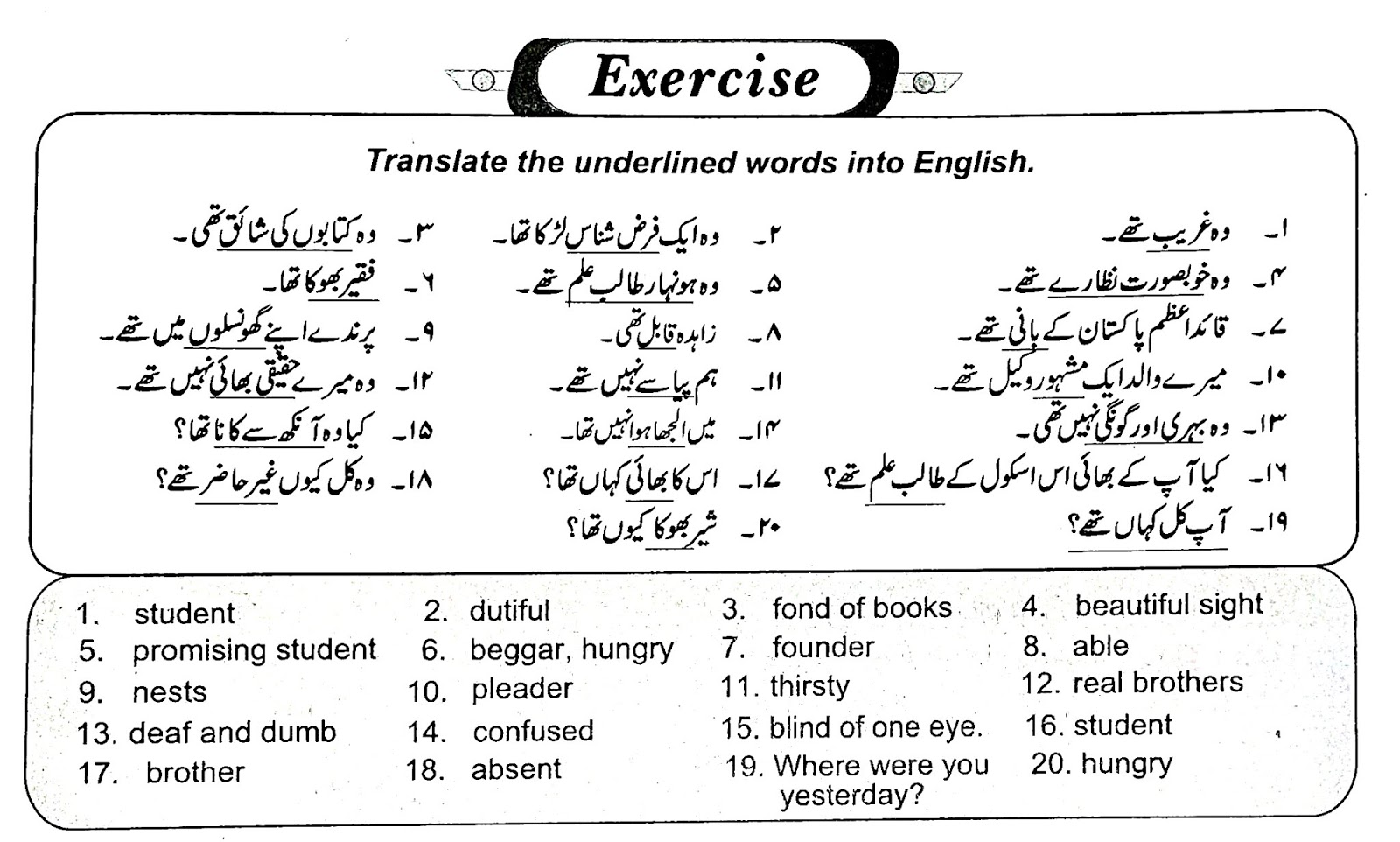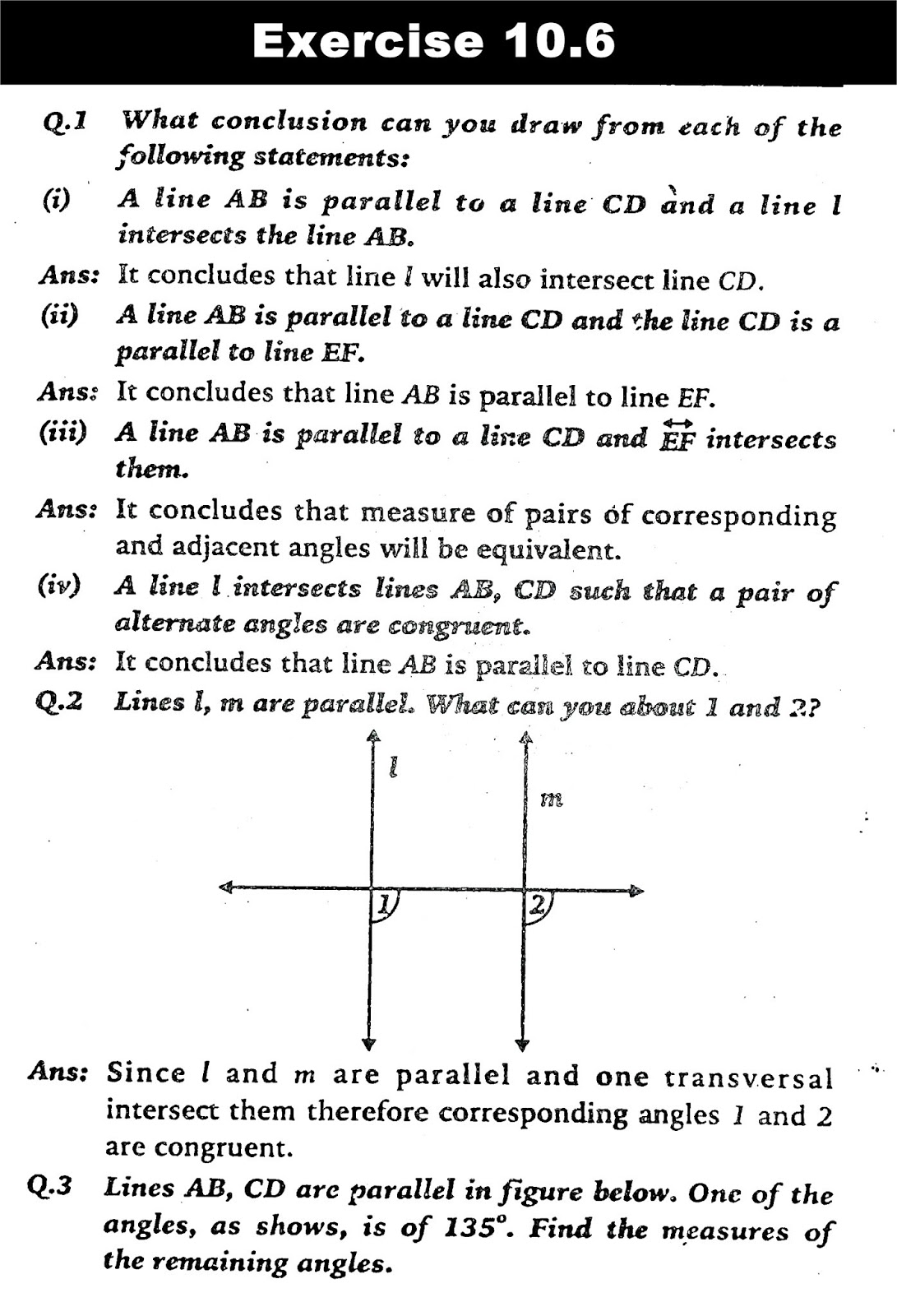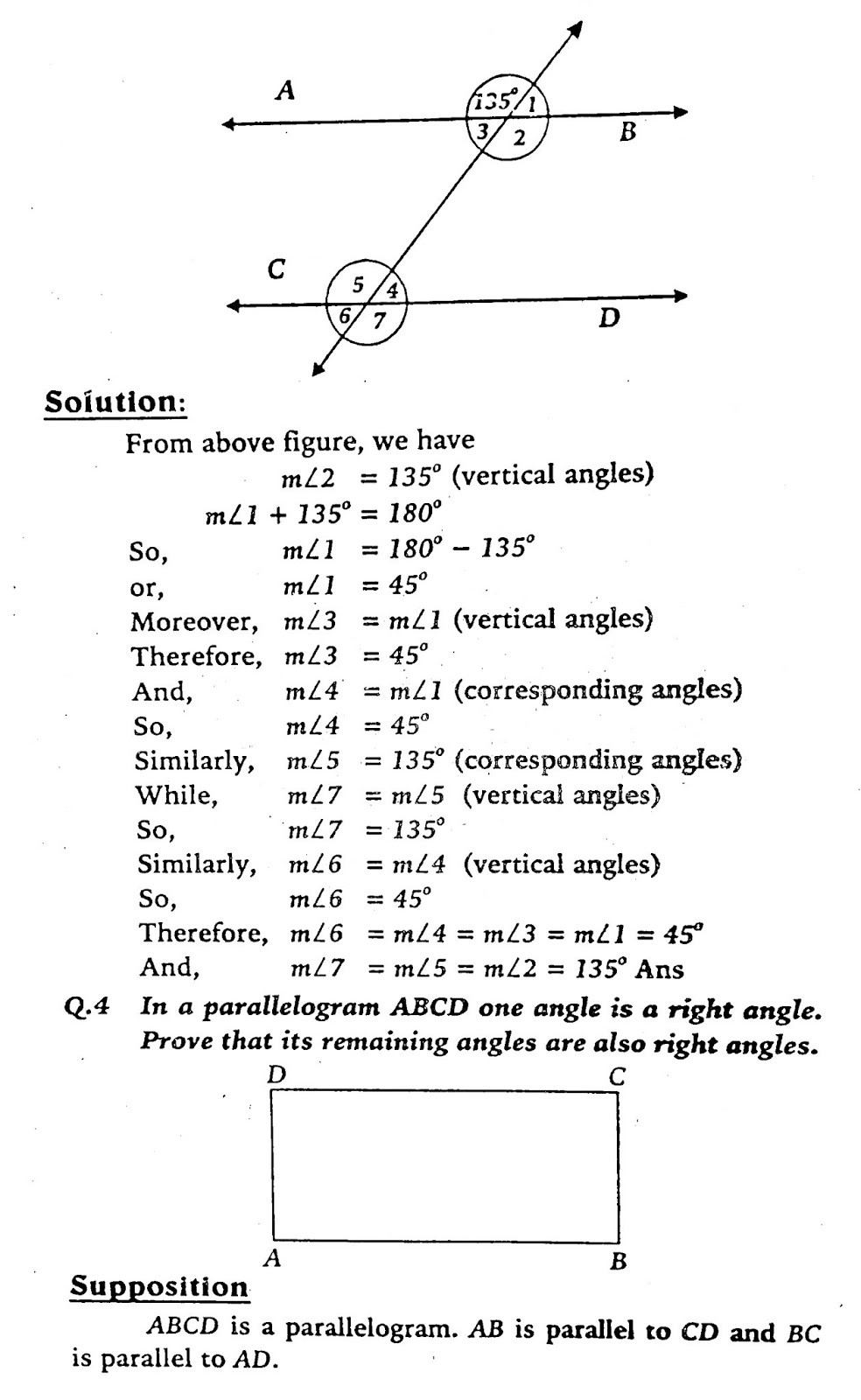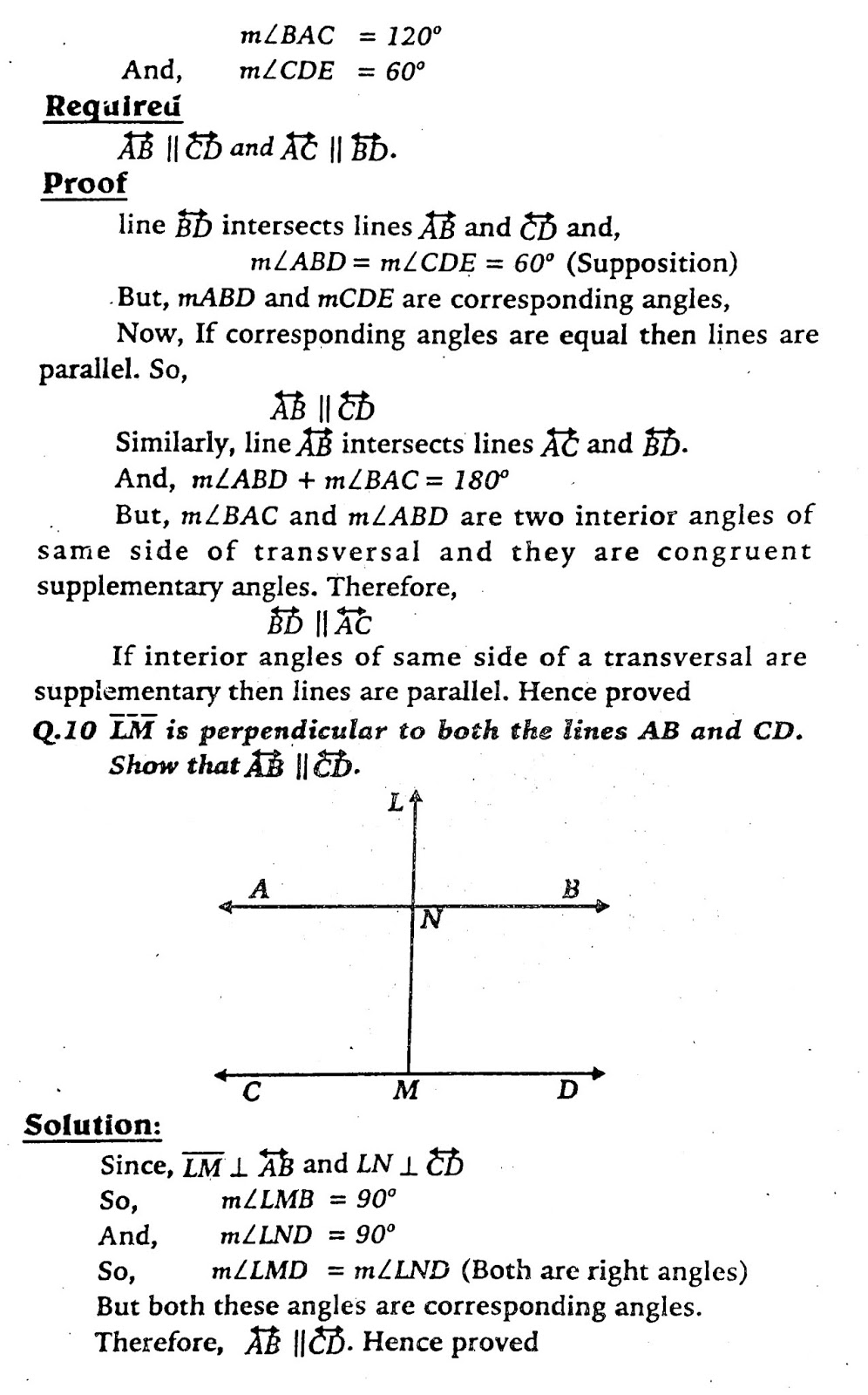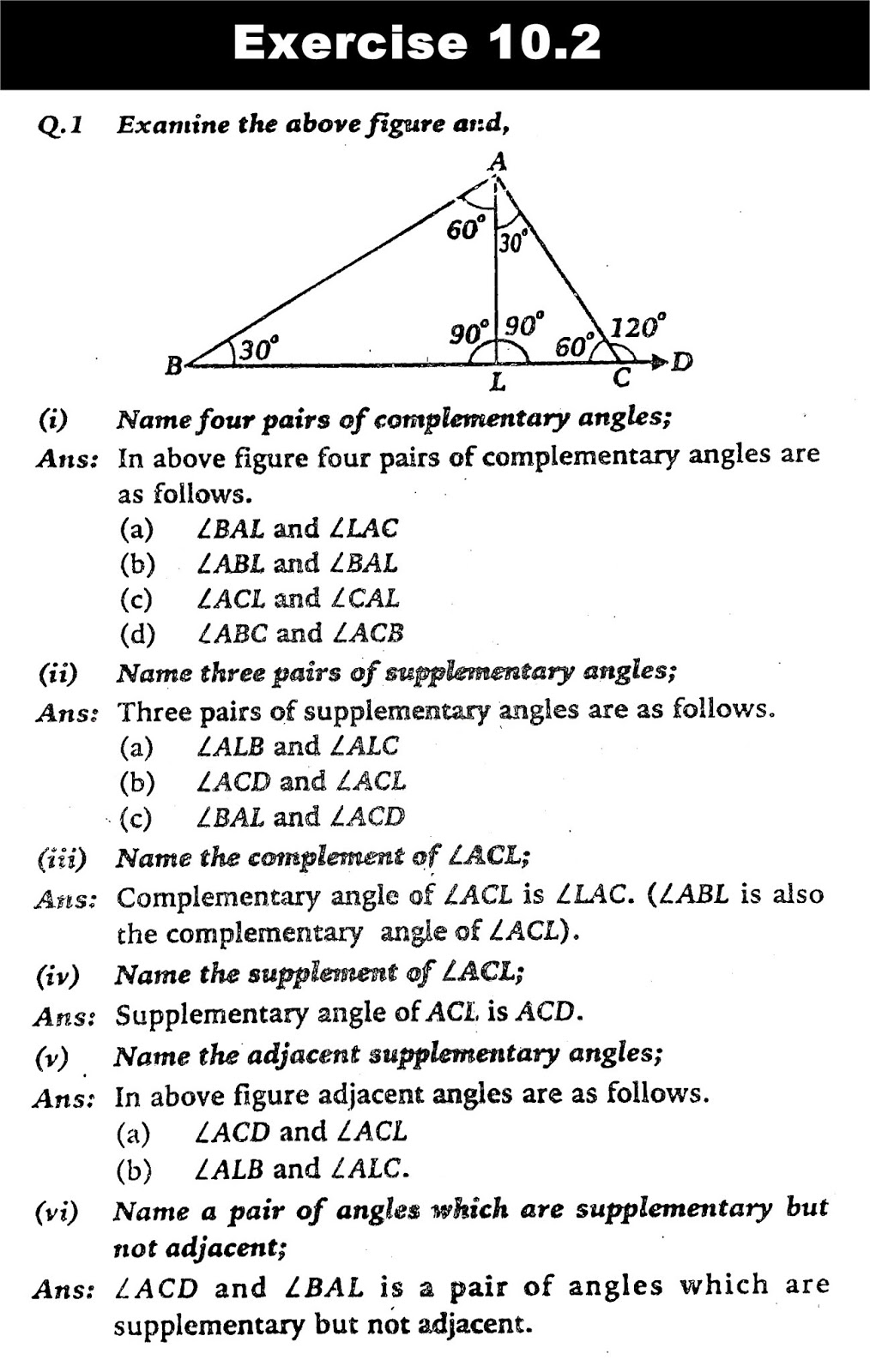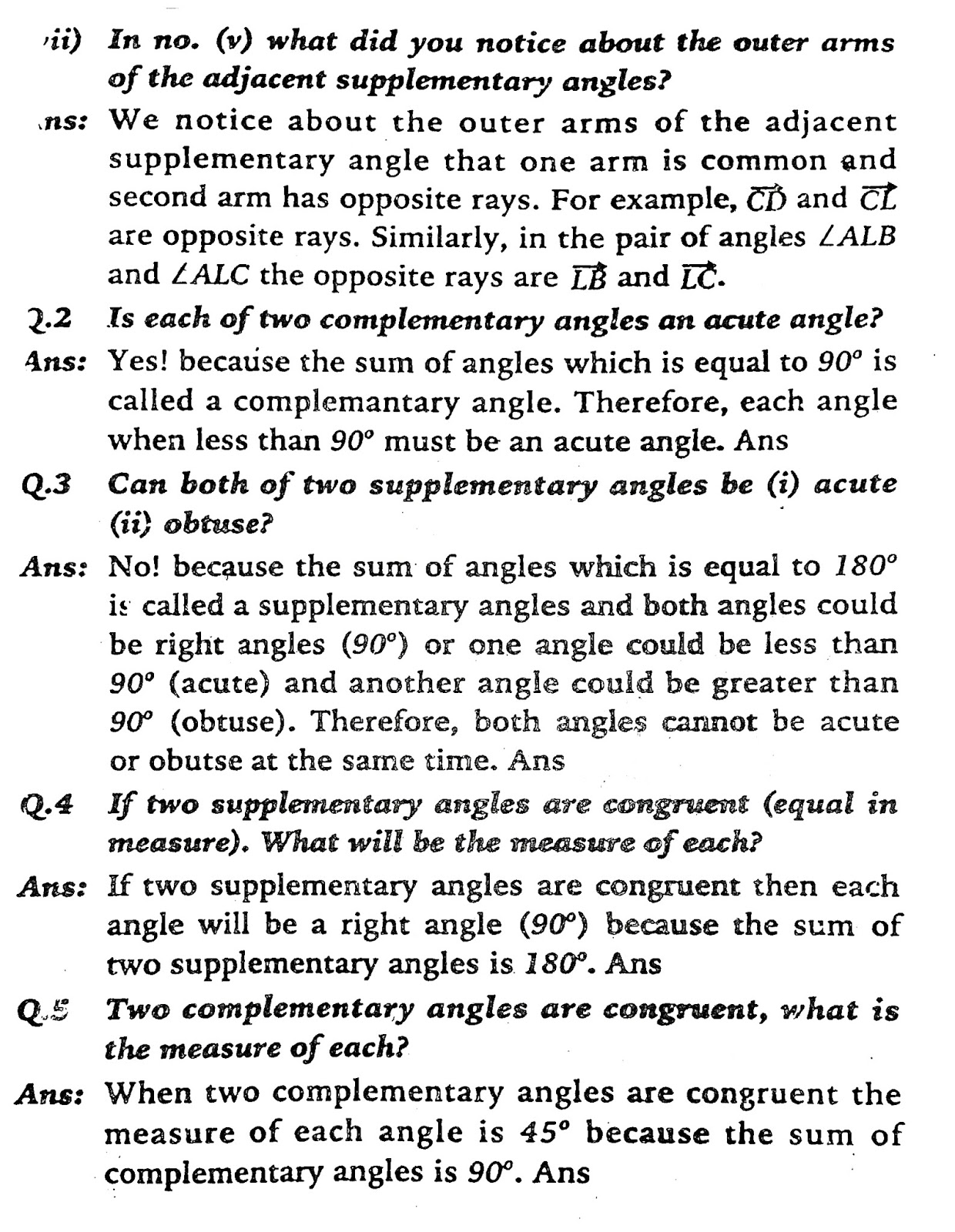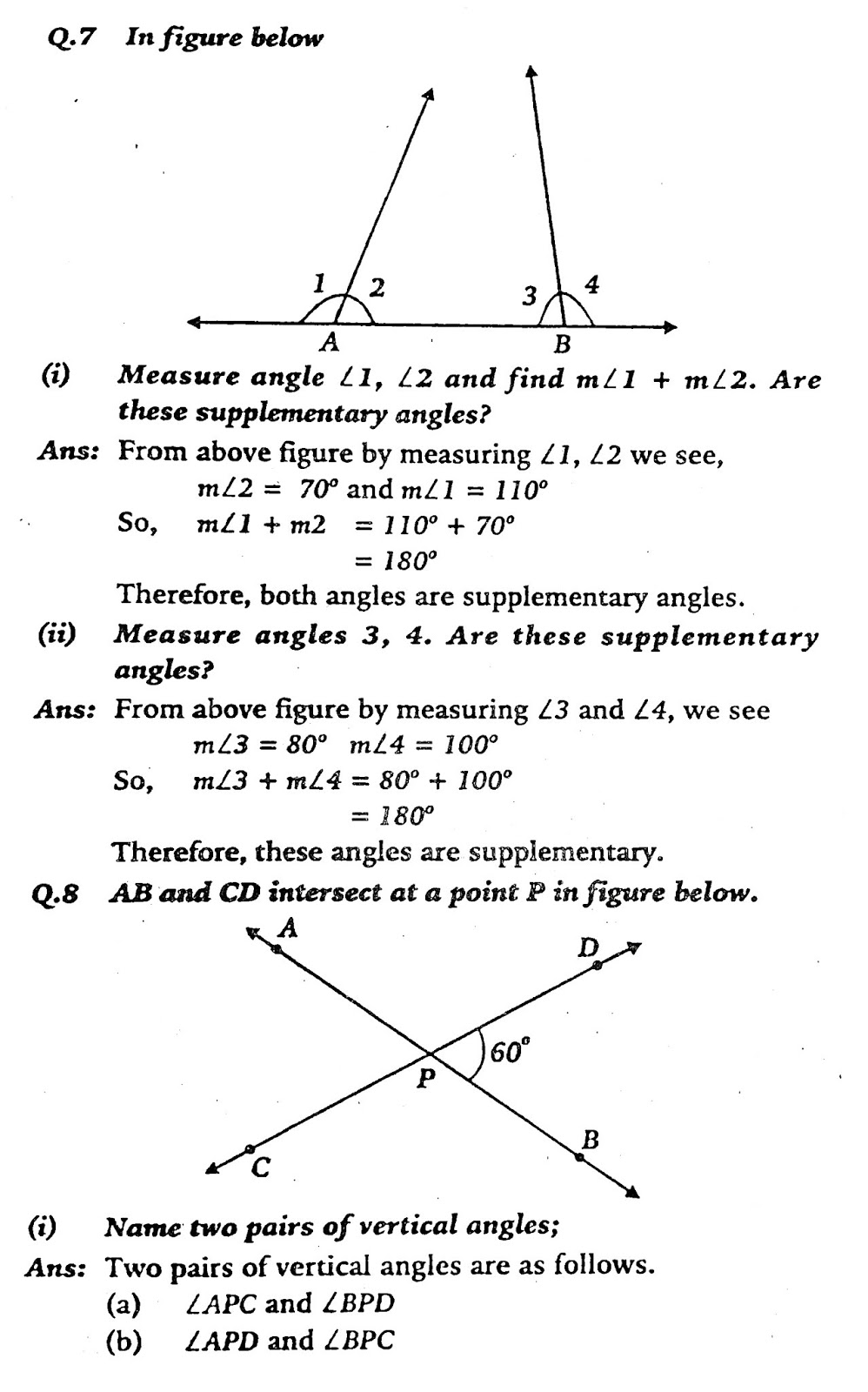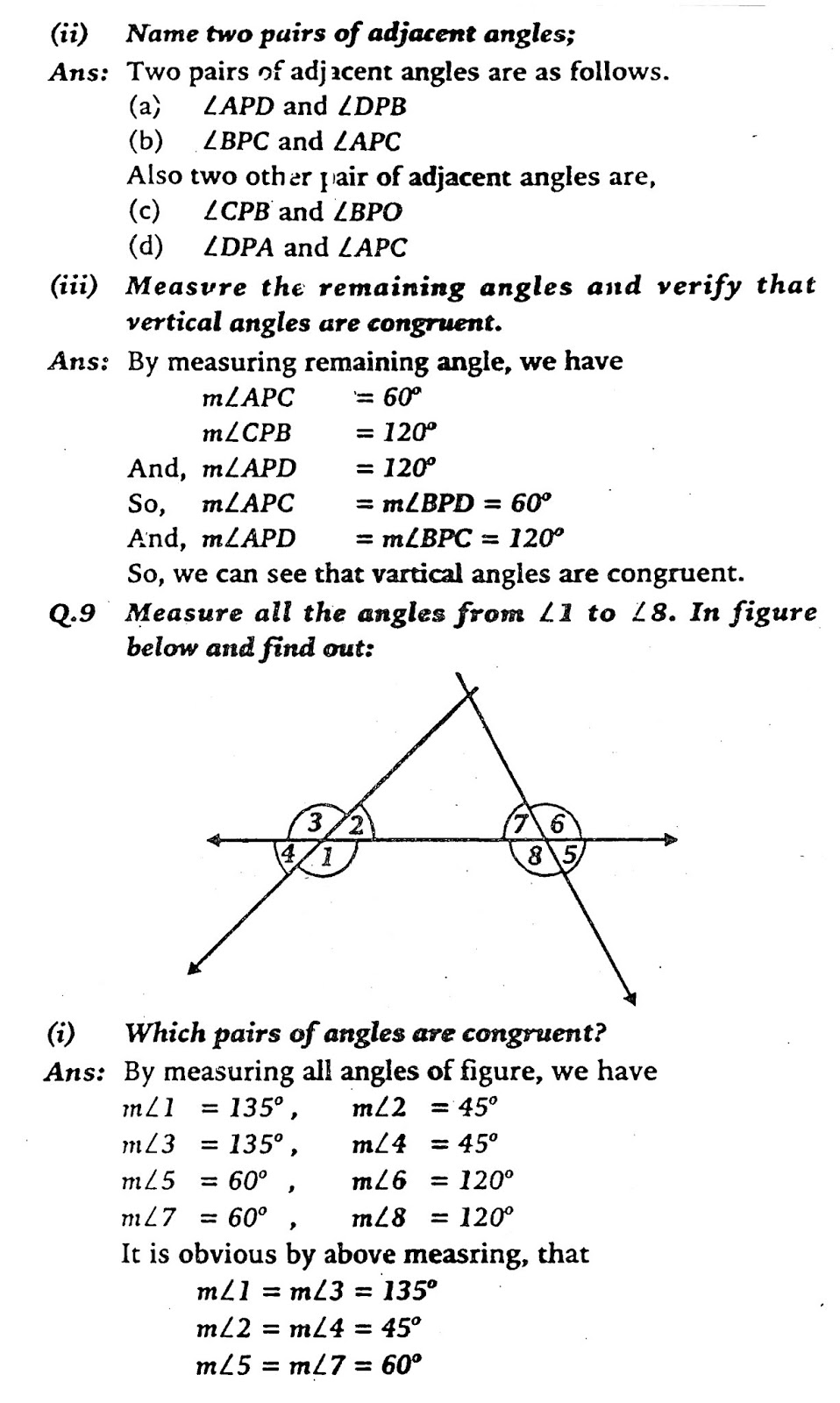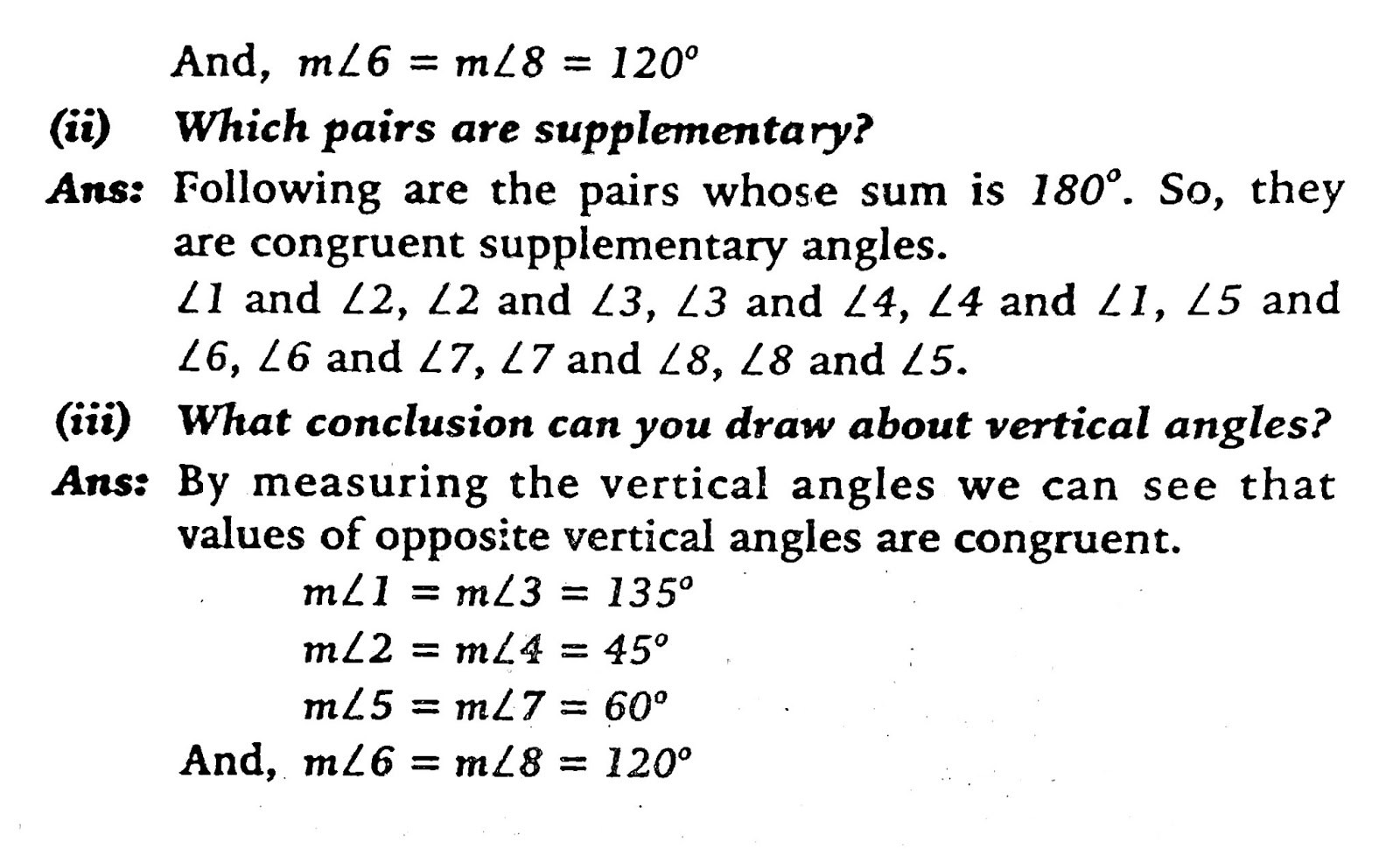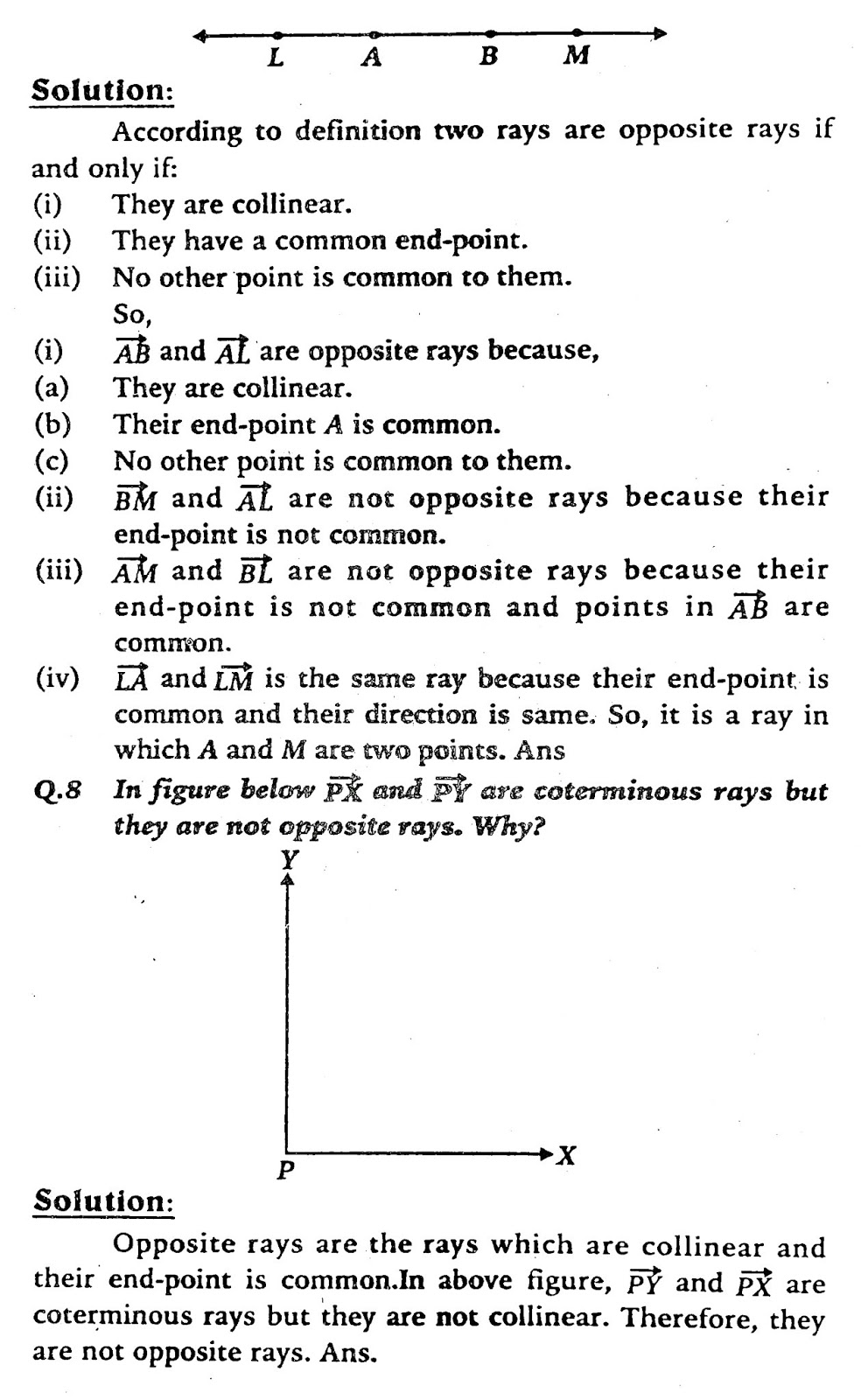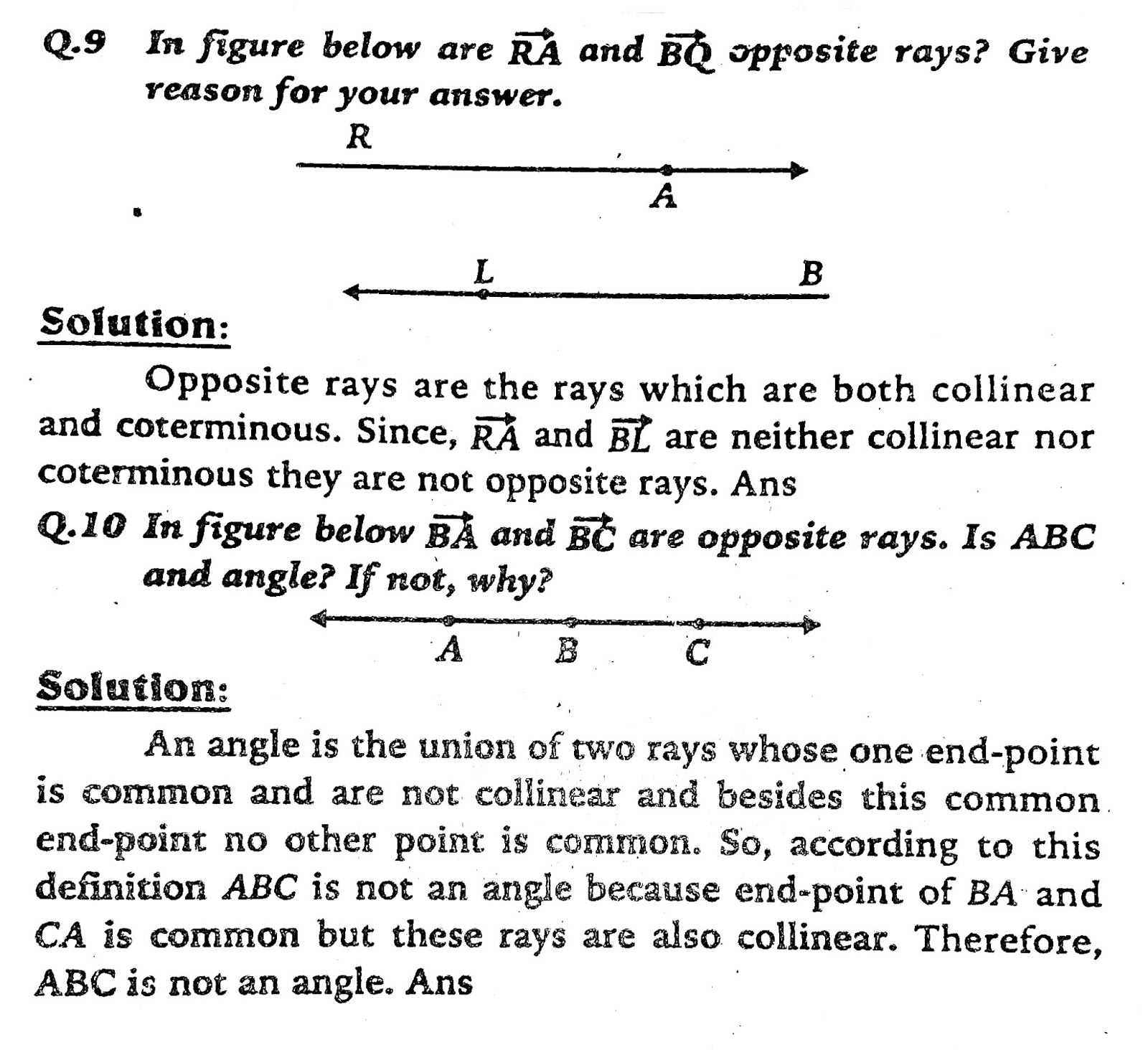Search This Blog
Monday 30 March 2020
English Grammar - Translation From Urdu To English - Uses of There and Let
Uses of There and Let
Translation Of Above Exercise
- There are twenty secondary schools in Nazimabad.
- There are forty teachers in our school.
- There is little milk in the pot.
- There are four ventilators in the room.
- There is no fish in this pond.
- There is no desk in our class.
- There is no well in this village.
- Is there a library in your school?
- Is there no hospital in this village?
- Are there no good books in the school library.
- Were there cattle in the meadow?
- Was there a sharp knife in his pocket?
- Let's have fun.
- Let us play cricket.
- Let me feel his pulse.
- Let's quench our thirst.
- Let us put out fire.
- Let Zahida to not read in dim light.
- Let the child to not go near the fire.
- Let the boys to not make noise.
English Grammar - Translation From Urdu To English - Uses of Is, Am, Are, Was and Were
Uses of Is, Am, Are, Was and Were
TRANSLATION OF ABOVE EXERCISE
- You are my elder brother.
- They are obedient boys.
- Your father is pensioner.
- Why is Zahida sad today.
(Note: Gloomy means sad but it is use for day or weather etc. such as gloomy day, gloomy weather.) - Their satchels (bags) are dirty.
- It is cloudy today.
- Islamabad is the capital of Pakistan.
- We are your fast friends.
- Allama Iqbal is a famous poet.
- Lahore is a historical place.
- You, he and I are intelligent boys.
- He is a famous (well-known) politician.
- Your brother is absent today.
- This medicine is bitter.
- This street is not common.
(Note: Hint is incorrect) - Is Pakistan a fertile country?
- Are there pleasant valleys in Swat?
- Does he have a bit hard of hearing?
- Who is the headmaster (principal) of this school?
- Our brothers are the students of this school.
Translation Of Above Exercise
- They were poor.
(Note: hint is incorrect.) - He was a dutiful boy.
- She was fond of books.
- There were beautiful sights.
- They were promising students.
- Beggar was hungry.
- Quaid-e-Azam was a founder of Pakistan.
- Zahida was able.
- Birds were in their nests.
- My father was a famous (well-known) pleader (lawyer).
- We were not thirsty.
- They were not my real brother.
- She was not deaf and dumb.
- I was not confused.
- Was he blind of one eye?
- Was your brother a student in this school?
- Where was his brother?
- Why was he absent yesterday?
- Where were you yesterday?
- Why the lion was hungry?
English X - Chapter No.3 - MCQs and Fill In the Blanks
Go To Index
PROFESSION
Multiple Choice Questions
1. "Akhund" comes from a Persian word "Khandan" which means "to read". Akhund means a _______.
a. reader
b. students
c. teacher.
d. learner
2. The first word of the revelation in the Quran is _________.
a. read.
b. write
c. strive
d. work
3. A teacher is a reader par _______.
a. excellent
b. excellence.
c. excel
d. best
4. The first and most important quality of a teacher is that he or she loves and appreciates the ________.
a. work
b. reading
c. writing
d. profession.
5. The teachers speak of the wonders of nature with reverence since they have come into being by divine _______.
a. command
b. order
c. decree
d. law
6. Another necessary quality of good teachers is a ______ for knowledge.
a. search
b. desire
c. love
d. thirst
7. A teacher must prefer the welfare and progress of the students and keep their _______ in the first place.
a. welfare
b. progress
c. interest.
d. aims
8. People in the East has always had a very high regard for teachers, revering them as ___________.
a. holy.
b. respectable
c. praise worthy
d. dignified
9. A very important quality of a teacher is that he or she not only strives to know what is true, good and beautiful, but also seeks to incorporate these in the _____.
a. course
b. life
c. curriculum
d. character
10. Teachers practice what they _______, after the examples of the prophet of God.
a. teach
b. lecture
c. preach
d. say
11. The Holy Prophet (peace be upon him) taught by the words in the Holy Book the Quran as well as by his _____ in everyday life.
a. ways
b. deeds
c. actions
d. examples
12. The teacher is one who knows how to read God's ____ be it written on the human heart, or the Holy Book or in nature.
a. commands
b. decrees
c. words
d. laws
13. A teacher fulfills God's ______ expressed in the first word of the revelation (Wahi), which say read.
a. advice
b. command
c. order
d. word
14. Teacher ponder over it sacred writings, which tell us the ______ of life and the way to live it fully.
a. meanings
b. importance
c. solutions
d. secrets
15. Such a high position requires that the teacher strive to be more and more ______ of it.
a. deserving
b. worthy.
c. able
d. capable
Fill In the Blanks
1. Sindhi word for teacher is Akhund.2. The first word for Wahi was IQRA.
3. God's words are written on human hearts, in the Holy Book and in nature.
4. An important quality of a teacher is a thirst of knowledge.
5. A teacher is a reader par excellence.
6. The teacher is a person who knows how to read God's words.
7.The people in the East always had a very high regards for the teachers.
8. The first and the most important quality of a teacher is he loves and appreciates his profession.
9. He must prefer the welfare and progress of his students to his own.
10. He speaks of the wonders of nature with Reverence.
11. The best teachers are those who remain students for ever.
12. Teachers drink deeply from the sources of truth, beauty and goodness.
13. A teacher practices what be preaches after the example of the Prophet of God (P.B.U.H).
14. The Holy Prophet of God (P.B.U.H) taught by words in the Holy Quran as well as by deeds in everyday life.
15, Fish is an important source of our food.
16. Basically there are two types of fishing inland fishing and marine fishing.
17. Fresh water fish are caught from rivers, streams, canals and ponds.
18. The fish caught from fresh water are usually small but more tasty.
19. In Pakistan the marine fishing is done in the Arabian sea along the coast.
20. Several by-products are obtained from fish e.g. glue, manure and liver oil.
21. Weather-stations have been built along the coast
22. Marine fishing means sea fishing.
23. Manora is an off-shore island.
Saturday 28 March 2020
Friday 27 March 2020
English X - Chapter No.13 - Reference To Context
Go To Index
SHOPPING
Reference To Context
Note : Students are advised to read whole chapters and poems thoroughly for reference to context Text Book Name: Secondary Stage English Book 2 For Class X
Lesson Name: Shopping
Speakers: Mother, Ajmal, Najma, Taxi driver, Butcher, Vegetable shopkeeper, Fruit seller, Shop keeper at Poultry
1. "Get ready, both of you, while I do the washing up."
(i) Name the lesson and the speaker.
(ii) Who was/were the person spoken to? and why?
(iii) Where was the speaker at that time?
Ans:
(i) Lesson: Shopping
Speaker: Ajmal and Najma's Mother
(ii) Mother asked Najma and Ajmal to go with her for shopping because their father was on tour and they also have run out of groceries and provisions.
(iii) The speaker was in the kitchen
2. "The meter is out of order. Twenty five rupees for the market,"
(i) Name the lesson and the speaker. and why did speaker demand 20 rupees?
(ii) who was the person spoken to?
(iii) What did the listener reply to the speaker? and why
(iv) How far was the market from their house?
Ans:
(i) Lesson: Shopping
Speaker: Taxi driver
Taxi driver demanded 20 rupees for the fare because his taxi meter was also out of order,and he wanted to make more money than the fare.
(ii) Taxi Driver spoke these word to the mother of Ajmal and Najma.
(iii) The mother was shocked by the demand of taxi driver because the fare he asked was too high and the distance was hardly two kilometre. So she said that she would pay him fifteen rupees only or he drove them to the traffic sentry there.
(iv) The market was two kilometre far from their house.
3. "They are not goats; Ajmal, they are cows and calves, This is the beef market."
(i) Name the lesson and the speaker.
(ii) Who is Ajmal? Why has he come to the market?
(iii) What is beef?
(iv) What do we call the meat of goat?
Ans:
(i) Lesson: Shopping
Speaker: Ajmal and Najma's Mother
(ii) Ajmal is a son of speaker. He went to the market with her mother and sister for monthly grocery and shopping as his father was on tour.
(iii) Beef is a meat of cow, calves and buffaloes.
(iv) The meat of goat, lambs and sheep is called mutton.
4. "Yes Madam, one hundred ten rupees for the ordinary meat. But if you want special...".
(i) Name the lesson , the speaker and the person spoken to.
(ii) What is the difference between beef and mutton?
(iii) How much did the special meat cost?
(iv) What did the person spoken to buy at that shop?
Ans:
(i) Lesson: Shopping
Speaker: Butcher
The person spoken to: Ajmal, Najma and their Mother
(ii) Beef and mutton both are meat. The beef is the meat of cows, calves and buffaloes. While mutton is the meat of goats and sheep.
(iii) The special meat was cost one hundred and twenty rupees.
(iv) Mother bought one kilo of leg and one kilo minced meat at the butcher's shop.
5. "Yes, five kilos of onions, two kilos of potatoes, one kilo each of cabbage, cauliflower, turnips, green peas and two kilos of spinach and five kilos of carrots/'
(i) Name the lesson, the speaker and the person spoken to?
(ii) When do we use Metre, Kilometre, Kilo and Litre?
(iii) Where did the person spoken to go and who were with him /her?
Ans:
(i) Lesson: Shopping
Speaker: Vegetable shopkeeper
Listener: Ajmal, Najma an their Mother
(ii) The following measuring units of different quantities are:
1. Metre is used for measuring Length.
2. Kilometre for distance.
3. Kilo for weights and
4. Litre to measure liquids except with those of high viscosity.
(iii) Mother with her children Ajmal and Najma went to the market.
6. "Give me ten bananas and one kilo of apples."
(i) Name the lesson, the speaker and the person spoken to?.
(ii) How did the speaker buy bananas and apples?
(iii) In what unit do we buy bananas and apples.
Ans:
(i) Lesson: Shopping
Speaker: Ajmal and Najma's Mother
The person spoken to: Fruit seller
(ii) Firstly mother inquired about the price of fruits than she bought ten bananas at a rate of fifteen rupees and one kg apples at a cost of twenty rupees.
(iii) We buy banana in dozens and one dozen is equal to 12 pieces of banana, while we buy apples in kilo.
7. "Dressed. How much for a kilo?"
(i) Name the lesson, the speaker and the person spoken to?.
(ii) What was the speaker buying and from which shop?
(iii) What does the dressed means?
Ans:
(i) Lesson: Shopping
Speaker: Ajmal and Najma's Mother
Listener: Poultry shopkeeper
(ii) The speaker was buying chicken from the poultry shop
(iii) Dressed means slaughtered chicken which is ready to cook.
8. "No, not next Sunday, next month. It's 11 o'clock children. Let's get busy."
(i) Name the lesson, the speaker and the person spoken to
(ii) Do you think children were excited? and why?
(iii) What did the speaker asked the children to do? and what did speaker do herself / himself?
Ans:
(i) Lesson: Shopping
Speaker: Ajmal and Najma's Mother
Listener: Ajmal and Najma
(ii) Yes, both Najma and Ajmal were excited because first time they were going on shopping. It provide them a chance to get a lot of information about new and interesting things in daily life. So they enjoyed it a lot.
(iii) Mother told Ajmal to polish his own and Najma’s shoes and told Najma to iron the clothes. While she herself went to the kitchen to cook food.
English X - Chapter No.6 - Reference To Context
Go To Index
KING FAISAL
Reference To Context
Note : Students are advised to read whole chapters and poems thoroughly for reference to context Text Book Name: Secondary Stage English Book 2 For Class X
Lesson Name: King Faisal
1. He also, had the opportunity of holding the command of the Armed Forces of his country.
(i) Name the lesson and correct English Text Book name from which has this extract been taken?
(ii) Who was he and when was he made the King?
(iii) What do you know about his early life?
(iv) How did he serve his country before he became a King?
Ans:
(i) Lesson: King Faisal
Text Book Name: Secondary Stage English Book 2 For Class X
(ii) King Faisal was the second son of King Abdul Aziz Ibne Sa’ud. He was made King after the illness of his elder brother King Saud in 1964. He was chosen by the council of Ministers because of his wisdom and intelligence.
(iii) The late King Faisal of Saudi Arabia was born in 1907. He was the second son of King Abdul Aziz Ibne Saud. He received religious education from his maternal grandfather Sheikh Abdullah bin Abdul Latif. After completing his education at an early age, he started taking interest in the affairs of the State and helped his father in governing the country.
(iv) Before coming the king, he also served as Governor of Hijaz, Foreign Minister, Commander of armed forces and Prime Minister of Saudi Arab.
2. He was a good Muslim and led a simple life. He did his best to see his people live according to the teachings of Islam. He possessed great qualities of leadership and proved to be an able ruler.
(i) Name the lesson and correct English Text Book name from which has this extract been taken?
(ii) What do you know about the character of the personality of the lesson
(iii) Write few lines on the qualities of a personality given in this lesson?
Ans:
(i) Lesson: King Faisal
Text Book Name: Secondary Stage English Book 2 For Class X
(ii) King Faisal was devoted to Islam. He was a good Muslim and lead a simple life. He did his best to make his people life according to the teaching of Islam. He was a pious person and was a bold Muslim leader.
(iii) Ans: King Faisal possessed many qualities.
- He loved his people and ruled the country wisely and justly.
- He possessed most of the qualities of leadership.
- He proved himself to ba an able ruler.
- He was a great lover of Islam and Muslims.
- He was a soldier of Islam.
- He was very eager to see that all the Muslims are united.
- He was sincere friend of the people of Pakistan.
- He gave generous help to Pakistan and other Muslims countries.
- He lived like a soldier and died a martyr.
3. He loved his people and ruled the country wisely and justly.
(i) Name the lesson and correct English Text Book name from which has this extract been taken?
(ii) Who was he and how did he rule his country?
(iii) How did he developed his country?
Ans:
(i) Lesson: King Faisal
Text Book Name: Secondary Stage English Book 2 For Class X
(ii) King Faisal was the second son of King Abdul Aziz Ibne Sa’ud, and he was made King after the illness of his elder brother King Saud in 1964. King Faisal ruled his county wisely and justly. He did his best for the development of his country and made great progress in the field of health, education and industry.
(iii) Faisal took all necessary steps to develop his country. He spent a lot of money to promote education, opened many schools and universities. where students were not only given free education but also awarded stipends to meet other need. He also spread a wide network of hospitals and dispensaries. New factories and mills were set up and industry made great progress. Oil production was increased. Vast areas of desert were irrigated and made suitable for cultivation.
4. He had a strong wish to unite the Muslims of the world and did his best to bring the Muslims living in different countries closer together.
(i) Name the lesson and correct English Text Book name from which has this extract been taken?
(ii) What did the personality of the lesson do to unite the Muslims of the world?
(iii) Who was he and from which country did he belong?
Ans:
(i) Lesson: King Faisal
Text Book Name: Secondary Stage English Book 2 For Class X
(ii) King Faisal had a strong wish to unite the Muslims of the world. He did his best to bring the Muslims living in different countries closer together. His services in making the Muslims conscious of the need for brotherhood can never be forgotten and made him a popular leader all over the Muslim world.
(iii) He was used for King Faisal, who was the second son of King Abdul Aziz Ibne Sa’ud. He belonged to Saudi Arabia.
5. He lived like a soldier and died a martyr. With his death, not only Saudi Arabia
but also the whole Muslim world has lost a sincere and bold leader.
(i) Name the lesson and correct English Text Book name from which has this extract been taken?
(ii) When and by whom was he martyred?
(iii) How did the Muslims feel over his death?
Ans:
(i) Lesson: King Faisal
Text Book Name: Secondary Stage English Book 2 For Class X
(ii) King Faisal was killed by a wicked nephew of his on 25th March, 1975.
(iii) The Muslims all over the world mourned his death. There was not a single house in Pakistan which did not mourn his death, they felt as if an elder of the family passed away. He lived like a soldier and died a martyr. With his death, not only Saudi Arabia but also the whole Muslim world has lost a sincere and bold leader. The Muslims of the world, who have great love and respect for him will remember him as a noble and pious Muslim leader and his name shall live forever in their hearts.
6."The Muslims of the world, who have great love and respect for him will remember him as a noble and pious Muslim leader."
(i) Name the lesson and correct English Text Book name from which has this extract been taken?
(ii) What did the personality of the lesson do to unite the Muslims of the world? / Or
What make King Faisal a popular leader all over the Muslim world?
(iii) When and by whom was he martyred?
Ans:
(i) Lesson: King Faisal
Text Book Name: Secondary Stage English Book 2 For Class X
(ii) King Faisal had a strong wish to unite the Muslims of the world. He did his best to bring the Muslims living in different countries closer together. His services in making the Muslims conscious of the need for brotherhood can never be forgotten and made him a popular leader all over the Muslim world.
(iii) King Faisal was killed by a wicked nephew of his on 25th March, 1975.
Subscribe to:
Posts (Atom)
